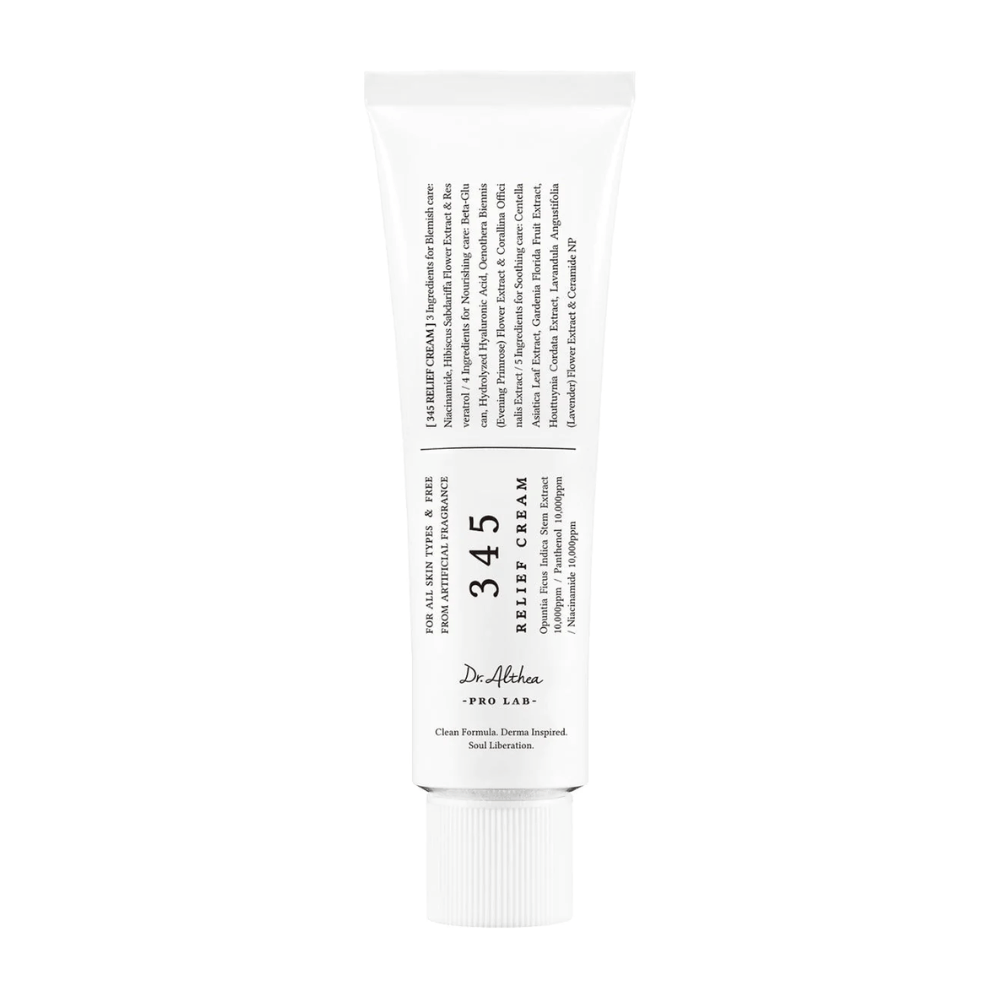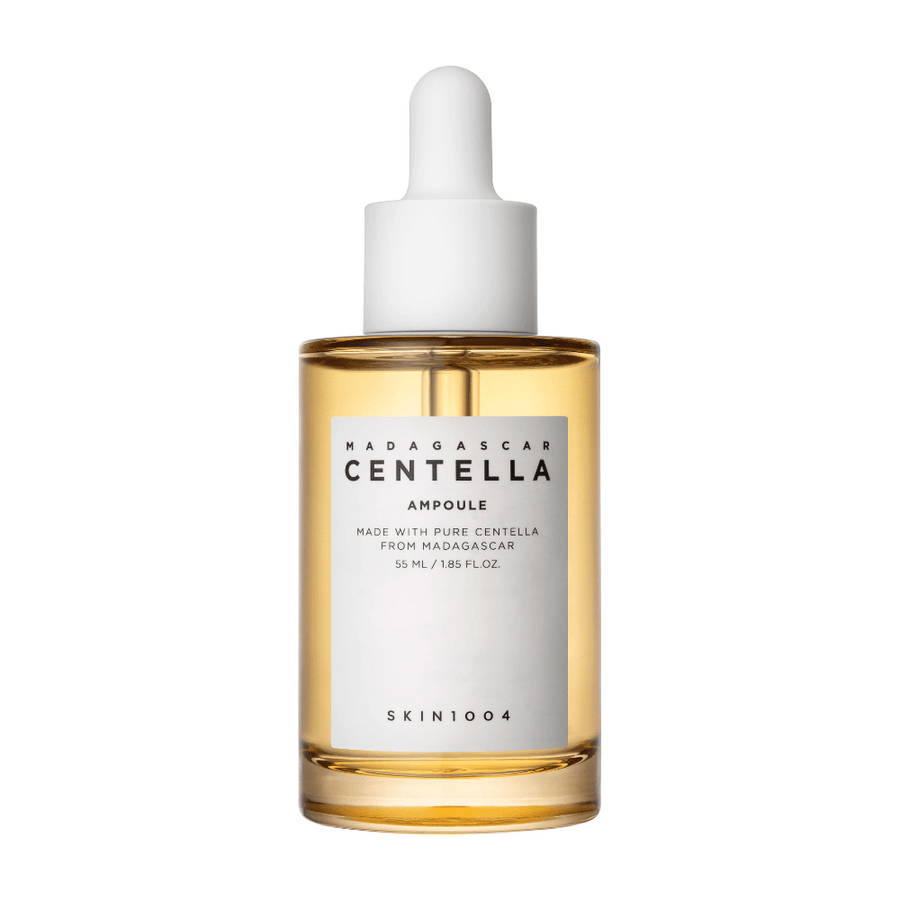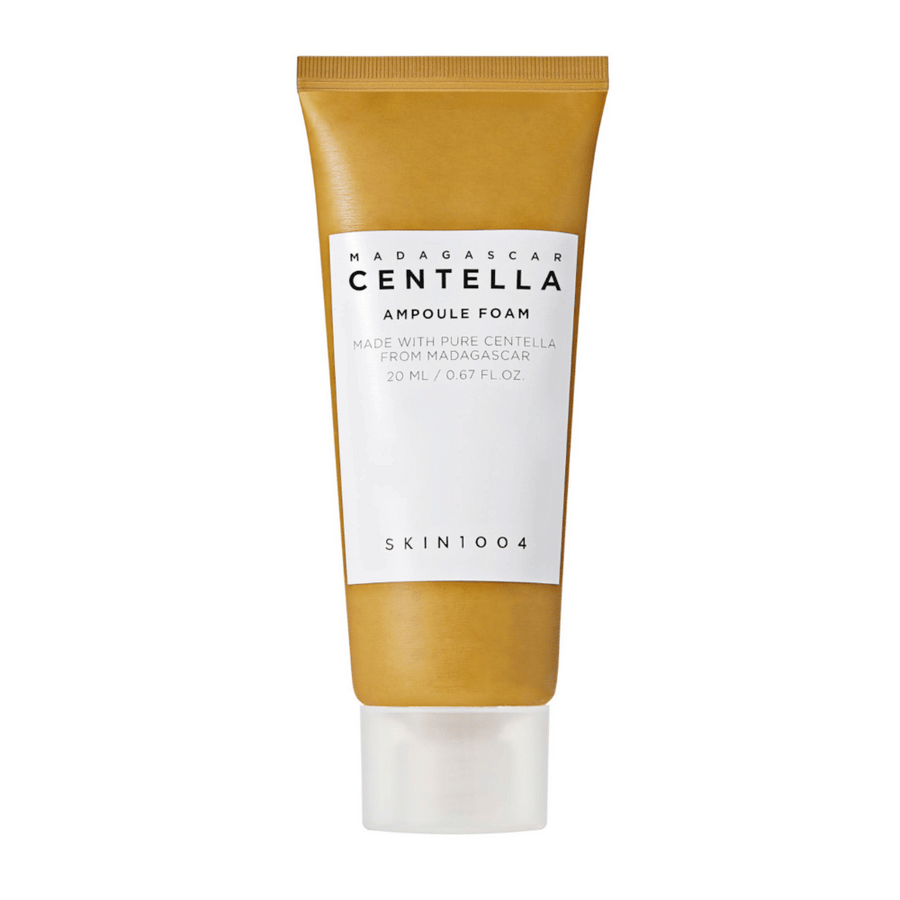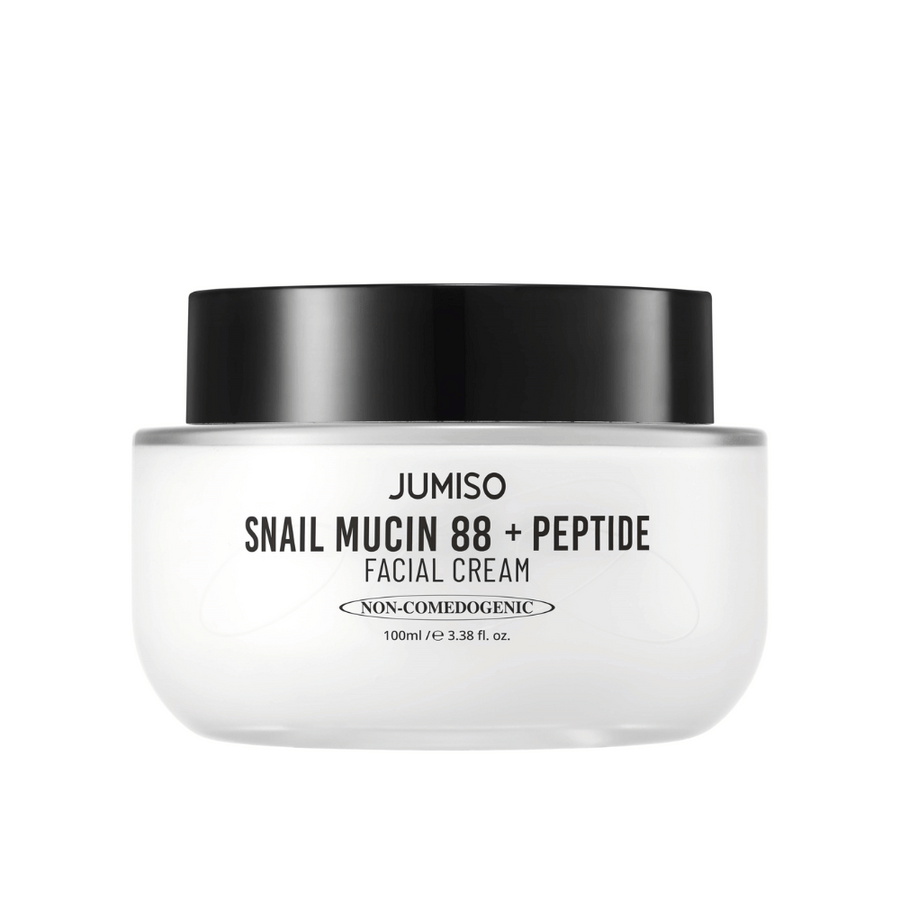Skincare and pregnancy
How to take care of your skin safely
When you are pregnant, your body goes through significant changes, and this also applies to your skin. Hormones can make your skin drier, more sensitive, or more prone to pigmentation changes. Therefore, it's especially important to review your skincare routine and choose products that are both effective and safe for you and the baby. In this text, we go through which ingredients are good during pregnancy and which you should avoid.
How is the skin affected during pregnancy?
During pregnancy, the skin can react in different ways:
- Dryness and tightness are common due to hormonal changes.
- Increased sensitivity can make skin that previously tolerated a lot now easily irritated.
- Pigmentation changes (melasma) can appear, especially on the face, and be worsened by the sun.
- Impurities and acne can be triggered by hormonal fluctuations.
- Therefore, you need to adapt your skincare to mild products that strengthen the skin barrier and at the same time avoid ingredients that can be risky.
Good ingredients and products to use
When you are pregnant, you can advantageously build a skincare routine focusing on hydration and barrier strengthening. Korean skincare is perfect for this as it often relies on layering, mild formulas, and natural extracts.
- Hydration in several steps. Use toner, Essence, serum, and cream to counteract dryness.
- Ceramides, panthenol, and centella asiatica strengthen the skin barrier and soothe irritation.
- Natural extracts like green tea, rice water, and snail secretion are gentle yet effective.
- Sunscreen is essential to prevent pigmentation spots and melasma. Preferably choose a mineral-based sunscreen if the skin feels sensitive.
Ingredients to avoid during pregnancy
Some active ingredients can be too strong or unsafe during pregnancy. Therefore, avoid:
- Retinol and retinoids – can affect fetal development.
- High levels of salicylic acid (BHA) – small amounts in cleansing may be okay, but avoid strong leave-on products.
- Hydroquinone – used against pigmentation but not recommended during pregnancy.
- Benzoyl peroxide – common against acne but too strong during pregnancy.
- Essential oils in high doses like tea tree, rosemary, and lavender – can irritate and should be avoided.
- Chemical peels with high acid levels (AHA, BHA, PHA) – instead choose mild exfoliation.
FAQ – Skincare and pregnancy
Can I use vitamin C during pregnancy?
Yes, vitamin C is safe and also good against pigmentation and for radiance. But use products with a milder formula.
Which sunscreen is best for pregnant women?
Mineral-based sunscreens with zinc oxide or titanium dioxide are mild and effective.
How do I treat acne during pregnancy?
Focus on mild cleansing, hydration, and ingredients like centella asiatica. Avoid strong acne treatments like retinol and benzoyl peroxide.
Can I continue with my Korean 10-step routine?
Yes, but choose mild products without strong acids and retinol. Layering with Essence, serum, and moisturizer is perfect for pregnant skin.
Can I use niacinamide during pregnancy?
Yes, niacinamide is safe during pregnancy and can help strengthen the skin barrier and even out skin tone.
Is hyaluronic acid safe during pregnancy?
Yes, hyaluronic acid is a moisture-binding ingredient that is completely safe to use even when you are pregnant.
Can I get facials when I am pregnant?
Mild facials like hydrating masks are fine, but avoid strong chemical peels and treatments with retinol.
How can I prevent stretch marks during pregnancy?
Moisturizing creams and oils can help the skin stay elastic, but stretch marks are largely genetically determined.
Can I use sheet masks during pregnancy?
Yes, sheet masks with moisturizing and soothing ingredients are a great way to give the skin extra nourishment.
Is chemical sunscreen dangerous during pregnancy?
Not dangerous, but some find that mineral-based sunscreen is gentler on sensitive skin during pregnancy.

Amanda Jensen
Amanda is a passionate beauty expert with extensive experience in Korean skincare, haircare, and makeup. She loves testing new products, delving into ingredients, and sharing tips that help you find what truly works. You can reach Amanda at info@koreanbeauty.se for questions or feedback.








